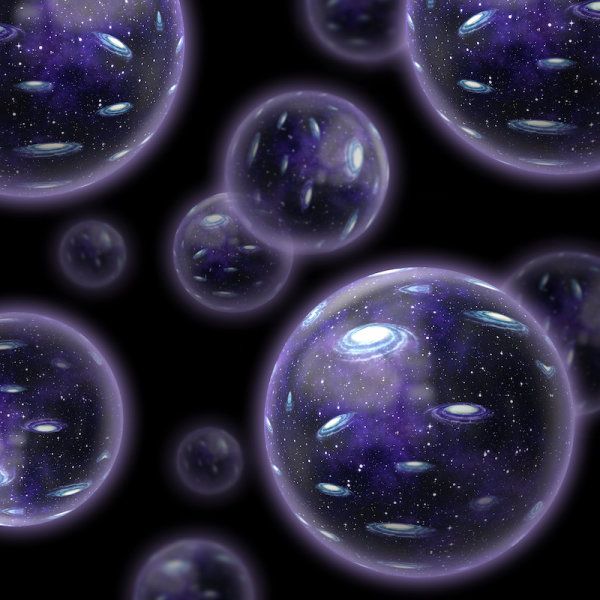Such primordial black holes (PBHs) could account for all or part of dark matter, be responsible for some of the observed gravitational waves signals, and seed supermassive black holes found in the center of our Galaxy and other galaxies. They could also play a role in the synthesis of heavy elements when they collide with neutron stars and destroy them, releasing neutron-rich material. In particular, there is an exciting possibility that the mysterious dark matter, which accounts for most of the matter in the universe, is composed of primordial black holes. The 2020 Nobel Prize in physics was awarded to a theorist, Roger Penrose, and two astronomers, Reinhard Genzel and Andrea Ghez, for their discoveries that confirmed the existence of black holes. Since black holes are known to exist in nature, they make a very appealing candidate for dark matter.
The recent progress in fundamental theory, astrophysics, and astronomical observations in search of PBHs has been made by an international team of particle physicists, cosmologists and astronomers, including Kavli IPMU members Alexander Kusenko, Misao Sasaki, Sunao Sugiyama, Masahiro Takada and Volodymyr Takhistov.
To learn more about primordial black holes, the research team looked at the early universe for clues. The early universe was so dense that any positive density fluctuation of more than 50 percent would create a black hole. However, cosmological perturbations that seeded galaxies are known to be much smaller. Nevertheless, a number of processes in the early universe could have created the right conditions for the black holes to form.
